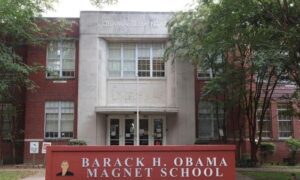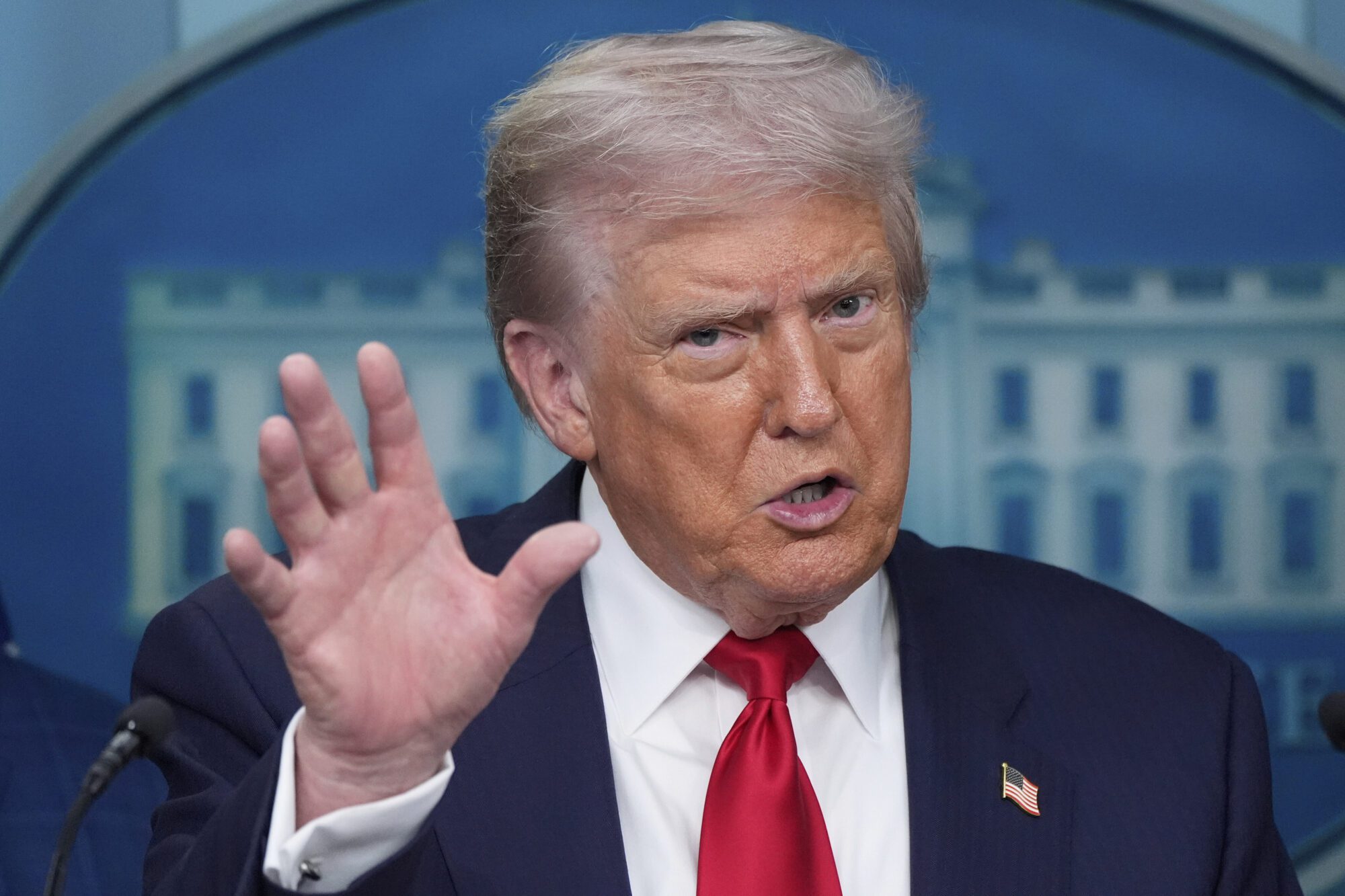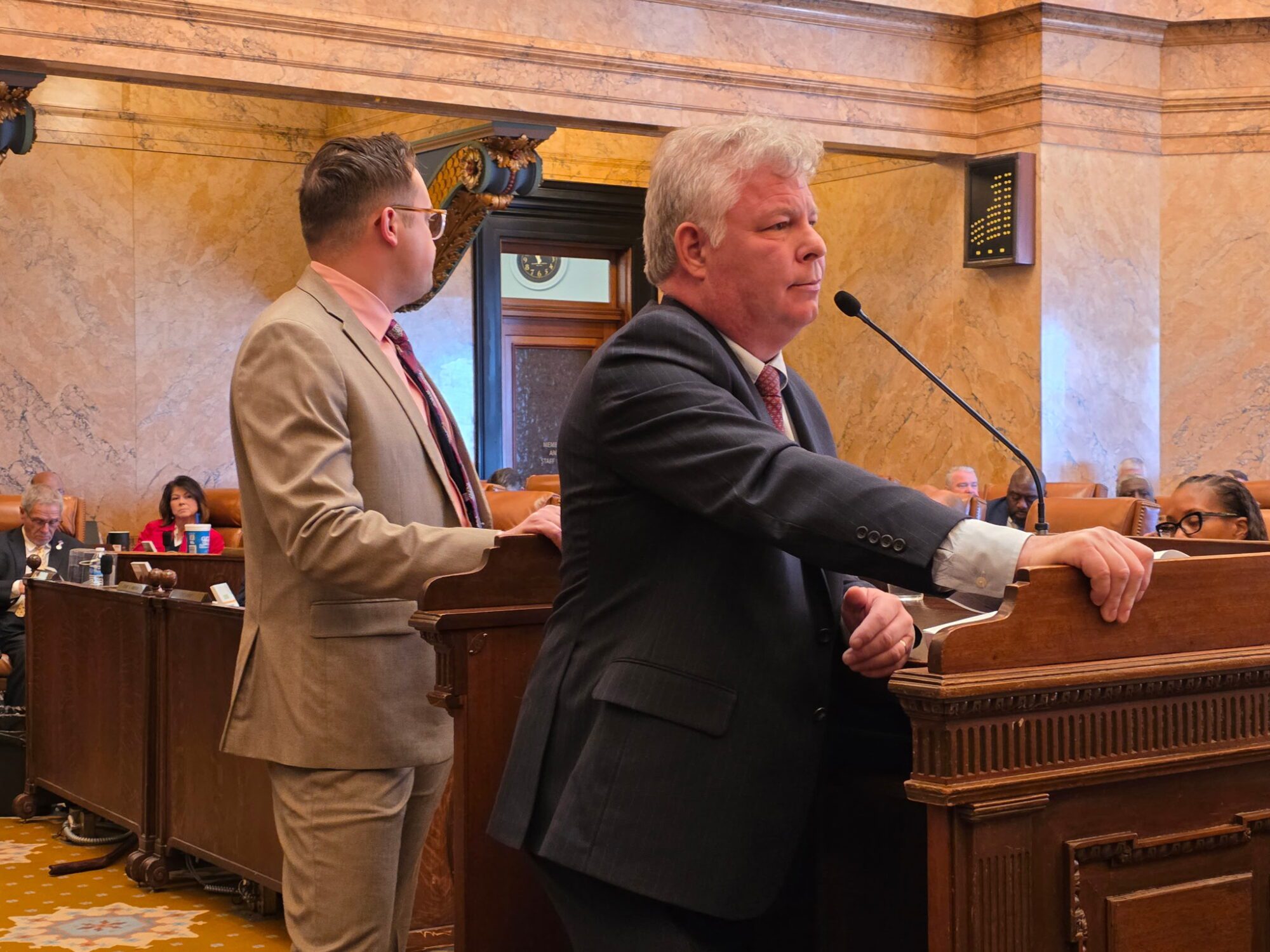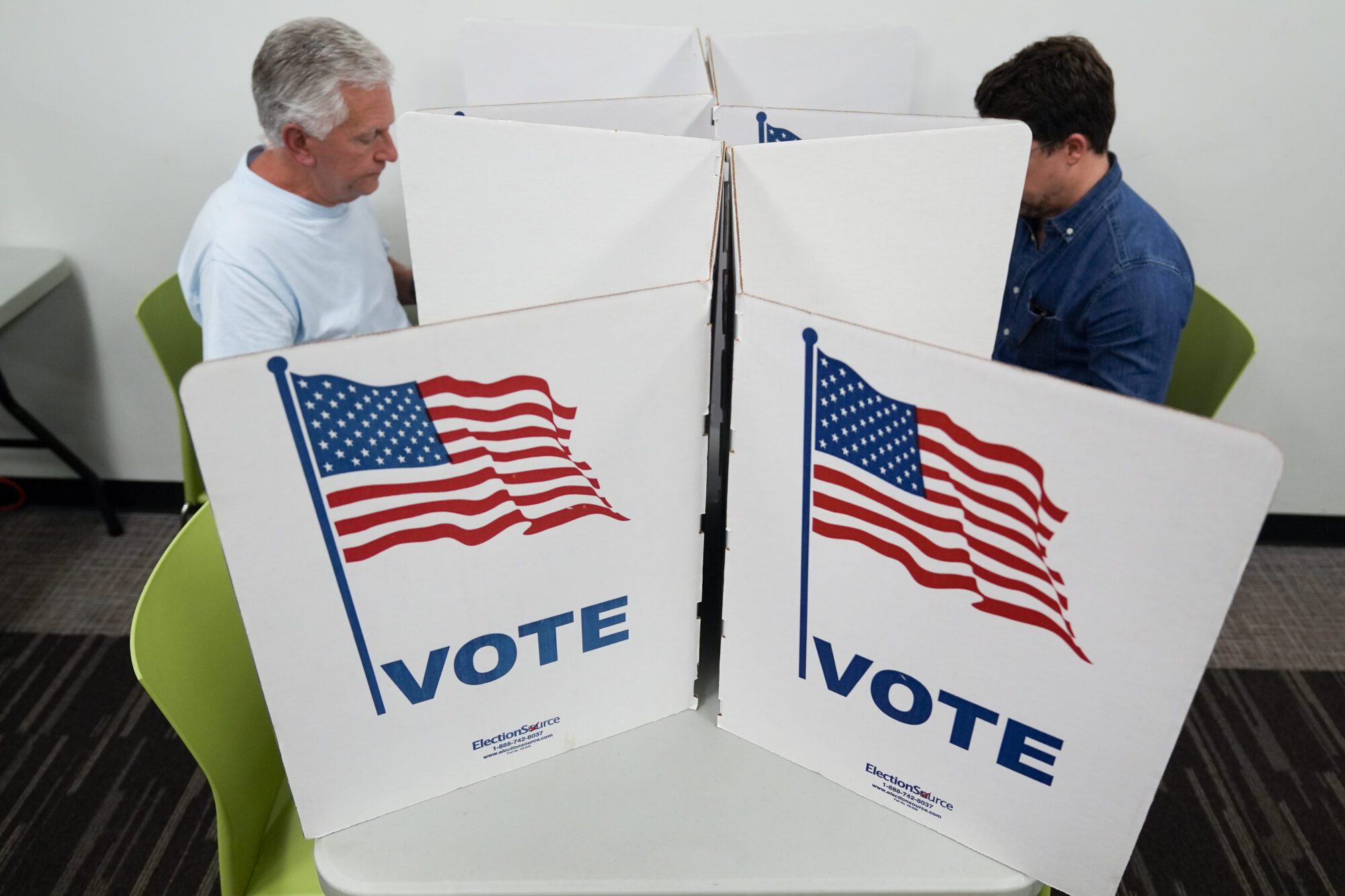
Exploring schooling options for your family? Mississippi has a variety of schooling options outside of the traditional public school setting, though not all are widely available statewide.
Parents carry the solemn responsibility of ensuring their children have access to a solid education that prepares them for life. In that vein, many families want the freedom to decide what best serves their children’s education, whether in private, public, or some other form of schooling.
The concept of “education freedom,” where families decide what education setting works best for their children, elicits a passionate response from both sides of the debate.
Nationally, support for school choice has risen over the last several years. Organizations like Empower Mississippi have lobbied to increase parents’ options when making education decisions for their children. Their arguments are largely premised on the idea that every student is unique and is better served if they have options to find what works for them. They also contend that competition improves all education settings.
The Mississippi Association of Educators (MAE) has often lobbied against granting families education freedom out of fear that expanding where families spend public support could detract from traditional public schools. They argue that instead of adding more options, more should be done to fix the issues in public schools.
Mississippi has a variety of schooling options outside of the traditional public school setting, though not all of these options are widely available statewide.
Public Charter Schools
Charter schools are a relatively new concept in the Magnolia State. It has been a decade since state lawmakers passed The Mississippi Charter School Act, allowing the creation of the Mississippi Charter School Authorizer Board (MCSAB). Ten years since that legislation was signed, 11 charter schools have opened in Mississippi, with seven being in the Jackson Metro area and the other four being in Clarksdale, Natchez, and Greenwood. According to the MCSAB Annual Report, the state’s charter school portfolio has been doubled since 2019.
“It is why we exist,” wrote MCSAB Executive Director Dr. Lisa Karmacharya. “So (that) families across the great State of Mississippi can have choice and access. Choice in the public school space and access to high-quality educational opportunities for their children.”
Though doubling the portfolio, the MCSAB has come under fire for not allowing more schools to open, especially outside of the Jackson-Metro area. Douglas Carswell, President of the Mississippi Center for Public Policy, wrote an op-ed for Center Square calling the progress of charter schools in Mississippi “pathetically small.”
“Mississippi only has a tiny number of charter schools not because parents do not want them, but because the administrative state in our state will not permit them,” Carswell wrote. “The inappropriately named Charter School Authorizer Board has done a brilliant job of not authorizing charter schools.”
National School Choice Week, an organization dedicated to promoting education freedom, has published guides for all states with varying schooling options. According to the School Choice in Mississippi Snapshot, with only 3,000 students having access to a charter school in the state, the availability is considered “limited.”
Mississippi charter schools are free and open to any student, including those with special needs. Charter schools receive public funds, though less than traditional public schools. Charter Schools face rigorous performance standards in order to stay in operation. According to the MCSAB, minority groups in Mississippi charter schools are outperforming their traditional public-schooled counterparts in math.
Magnet Schools

Magnet Schools are public schools. However, they represent a non-traditional path, as a student’s education at a magnet school is based on interest-focused tracks. Mississippi’s various magnet schools have tracks in engineering, the arts, aerospace, international studies, and healthy living.
Mississippi has over two dozen of these magnet schools throughout the state. Due to the widespread availability of these schools beyond the greater Jackson area, the School Choice in Mississippi Snapshot considers the magnet school options to be “broad” in the Magnolia State.
Magnet Schools, on a national scale, are the largest form of school choice within the public school system. They’re open to anyone, regardless of zip code, but admission may be based on a lottery system due to high demand. Mississippi has magnet schools throughout the state, and many of them are nationally ranked. Niche.com ranked Barack H. Obama Magnet Elementary School in the Jackson Public School System as a “Niche Standout School” as it ranked 95th in the country on the list.
Private Schools
There is a plethora of private school options in Mississippi. A private school receives no tax dollars for operation, and therefore, there are tuition costs and fees. Some private schools, however, offer scholarships for varying reasons, and the state has an Education Scholarship Account program for students with special needs to attend the school that best accommodates their needs, whether in a public or private school setting.
While private schools are not bound to the same state tests as a student would take in public school, they are bound to the accreditation standards of the school’s governing body. For example, many Mississippi private schools are part of the Midsouth Association of Independent Schools. According to the MAIS Accreditation Manual, a school must use “a variety of mission-appropriate testing programs and documents the use of the results to improve the curriculum, teaching, and learning thus ensuring students attain mastery of established educational objectives.”
Private schools in Mississippi are widely available, and therefore, the School Choice Snapshot of Mississippi rates access to private schools as “broad” despite being cost-prohibitive to some.
Digital Learning Options

Digital learning involves the use of technology, such as web-based programs, to supply students with lessons. There are three primary uses for digital learning.
First, digital learning can be used to supplement a traditional classroom, providing teachers with a powerful aid.
Second, it can be used in a traditional school setting to offer classes to individual students where there are no qualified teachers to teach a course.
Third, it can be used to allow for remote learning, either in a hybrid setting, where a student attends public school for some courses, but completes others at home, or in a fully remote setting for rare situations.
While other states offer a robust digital learning portfolio, Mississippi is quite limited in its offerings. Despite the legislature passing a virtual school program years ago, the Department of Education has never implemented a permanent basis virtual learning option.
Even within the traditional public school setting, use of digital learning has been hamstrung by red tape that makes it hard to get digital courses approved for use. Parents can utilize paid online school programs for their children in a homeschool setting.
Homeschooling
All parents in Mississippi have the right to homeschool their children if it is a fit for their family. The only mandated requirement is that parents notify their local school district that they will be homeschooling each school year. No state-mandated curriculum requirements and no standardized testing are required for homeschooling students. The costs involved in homeschooling could be as little or as much as the parents are willing to spend.
The freedom homeschooling parents have in Mississippi, coupled with no set state homeschooling standards, has given space to misconceptions in the past regarding homeschooling and the quality of education those students receive.
Many falsely believe that homeschooling fosters social isolation and few opportunities for social learning– but with co-ops, homeschool days offered at local venues, city rec sports teams, and more, homeschooled children are experiencing just as much social interaction as students in the public school system.

The pandemic sparked a growth in homeschooling across the Magnolia State. Many parents were forced to work on a homeschooling system as schools nationwide closed due to COVID-19, but many found their stride and did not return to the traditional public school setting.
With no state standard regarding homeschooling other than annual reporting, the School Choice Snapshot of Mississippi rates access to homeschooling as “broad.”
Mississippi is one of the friendliest states for homeschooling, according to the website Age of Learning Homeschool +.
Microschooling
Microschooling combines aspects of private school and homeschool together to create a unique educational experience for smaller groups of children. This educational option is more customizable. Many students attending a microschool are enrolled in online schools or are homeschooling curriculum while incorporating other resources in a group setting. The microschool facilitates the curriculum.
A microschool offers a modern take on the older style of schoolhouse learning, where children are not huddled specifically by grade; instead, more by age. Teachers in a microschool setting are more of a guide, pointing students in the right direction on their otherwise self-driven educational journeys. Microschools are smaller and often less structured than public schools.
Because microschooling can be considered a hybrid approach, it is not rated on the Mississippi School Choice Snapshot.










